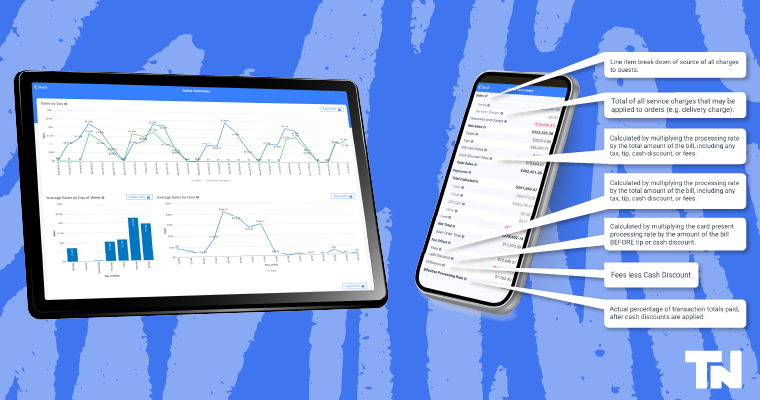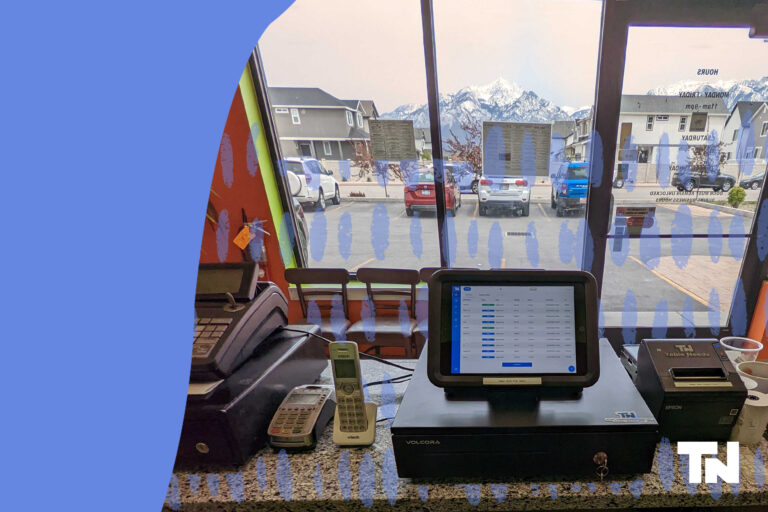Although once reserved for a precious few, signing bonuses have become one of the go-to solutions for attracting and hiring talent. And while it sounds great in theory, it may behoove you to take a closer look and think things through.
The pros of offering a sign-on bonus
The market is tight. That’s a statement of fact. While it may seem counterintuitive to throw cash at a problem, like the current labor shortage, doing so does have its merits
On the plus side, signing bonuses can help get restaurant talent in the door and on the floor. It’s understandable since most of us would like extra cash in our pockets. Promoting open roles with an incentive like that can certainly increase your pool of applicants, letting you cast a wider net so you can choose who to hire from a broader spectrum of jobseekers.
Offering a sign-on bonus can also set you apart from the competition, giving you a leg up over other comparable establishments. Add that to the fact it’s not something that impacts you for the long-term, the way a salary boost can. Instead, it’s a one-time expense that prevents you from having to pay inflated hourly rates you’re then locked into paying. And because the offering can stop as quickly as it can start, it’s easier to adjust your financials when the market levels out.
The drawbacks to offering a sign-on bonus
While that one-time financial hit has its benefits, you don’t know if new employees will collect their bonuses and run. Sure, you can defer payment for a designated period of time — a potential deterrent to jobseekers — nothing is stopping them from walking away once they meet the demand. Ask yourself, is 90 days of employment worth the investment if that’s how things play out?
Then there’s the matter of your longstanding staff — were they offered hiring bonuses, too? If the answer is no, offering one to new workers now can devastate employee morale. And while you can boost the steadfast employee’s current hourly rate, it simply won’t jibe when a new employee gets that, plus $1,000 in additional cash.
Also potentially detrimental is the fact that incentivizing talent this way may be a one-time payment for you, employees may see it another way. Once the initial impression wears off, employees may find themselves hoping for — and expecting — more given the precedent has been set.
And while receiving a bonus can be appealing for employees and fulfill an immediate need, will it make them want to stay for the long haul? Or will it leave you compensating workers in the short-term, rather than foster loyal, longtime employees who feel their overall compensation package is fair?
Surely there are no easy answers given the labor shortage at play. There are no guarantees either. At the end of the day, only you can decide what’s right for your business. Just be sure it’s a thought-out decision that matches your immediate and, hopefully, long-term business needs. And be certain it contributes to employee satisfaction in a sustainable, impactful way.
Follow us for tips, news, and tutorials to run a successful small restaurant.






